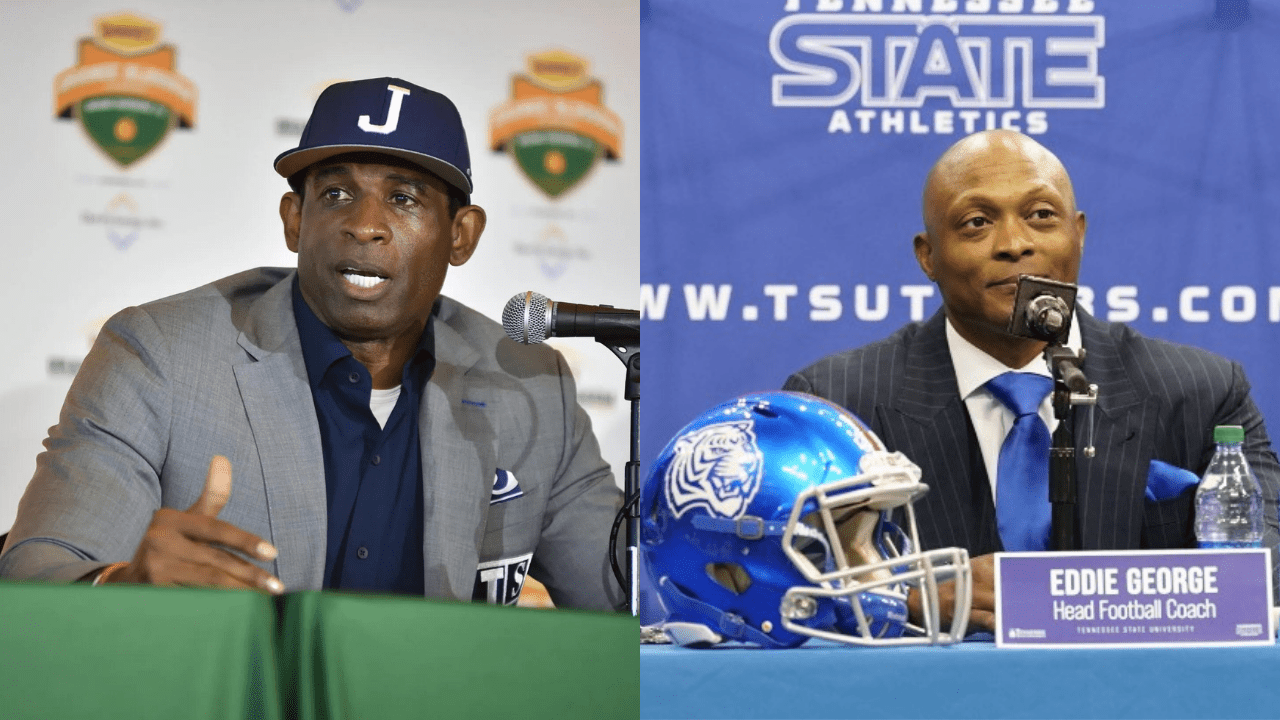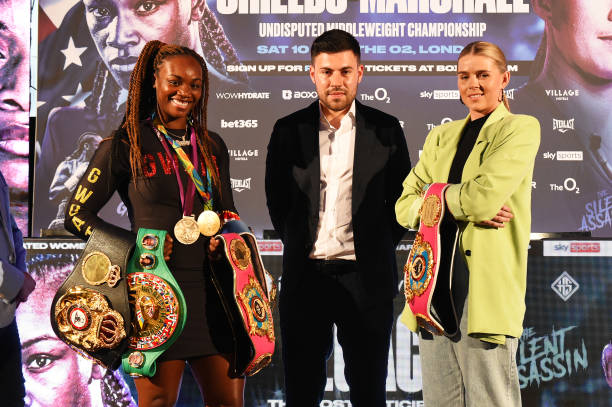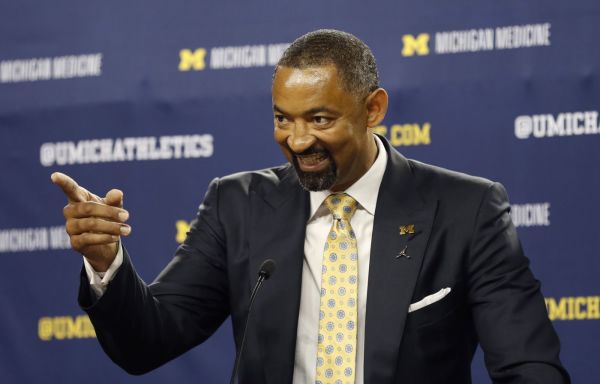Stop traffic, because columnists all over the country are starting to spout the nearly two-decade-old mantra that college basketball is dying and if you don't believe it then take a gander at the scoreboards.
Why is this a story anymore? Yes, scoring numbers are down. Yes, collegiate offensive repertoires have seemingly devolved. It was discussed when the talent drain became evident following the prep-to-pro era epitomized by the Kobe Bryants and Kevin Garnetts of the world. It was discussed when the one-and-done generation began heading to David Stern's league in waves.
It was certainly a topic of discussion following the Butler-UConn 2011 championship game.
So, now that it's 2013 and 27 Division I teams are averaging, as of Wednesday night, less than 60 points per game — the same number as last season and slightly higher than the 18 in 2010-11 — the doom-and-gloom talks have arisen again thanks to obvious examples such as Northern Illinois' weekly offensive dumpster fire. That's called low-hanging fruit.
What does it mean? Well, it means there have been some ugly, low-scoring games and point totals, as a whole, are reaching some new lows. It doesn't signify the slow-paced death of a sport, though.
There has not been a dramatic shift in the college game — it is what it has been for years, only to a lesser degree in recent times. Thanks to that talent drain, NCAA basketball lacks the skill and offensive know-how of the NBA, same as the Association lacks in college's regular season fan atmosphere. What's changed? The headlines you saw about a historically bad team in a down year talent-wise for the sport (just ask NBA scouts about the lottery guys they are lining up for)?
And if you're concerned about where the college game is headed, then feel free to jump on board with Ed O'Bannon (more on him farther down). Top talent has no incentive to remain in the college ranks for more than one season right now.
Apparently, neither do jump shots.
KEEP AN EYE ON…
Nerlens Noel, Kentucky: Remember that Anthony Davis guy? Well, Noel is not him — at least, not at this point in his career — but his defensive counting numbers are stacking up. Through 20 games, the 6-foot-11 freshman and former No. 1 recruit has amassed 94 blocks. Davis had 93 blocks in 20 games last season before becoming the top pick in the draft. Of course, he also cut down the nets, so Noel has quite a bit of catching up to do still.
Dave Rice, UNLV: In the preseason, I predicted Rice's Rebels would reach the Final Four this March. There were some down times, but after four wins in five games, UNLV looks to be getting its groove back. This is still a team without a bad loss — all four have come versus top-25 RPI teams — although a few more quality wins would go a long way. Here's the bottom line: Five top-75 RPI programs make up the next six games on the schedule. Now's the time for Anthony Bennett & Co. take establish itself.
Jeff Withey, Kansas: In this edition of TSL's Block Party, Withey is currently tied for third nationally with 4.3 rejections per game. He's been an anchor for the nation's hottest team (18 consecutive wins) and has opponents fearing to go into the middle of the Jayhawks' defense. With defenders likeBen McLemore and Travis Releford applying ball pressure, expect more and more offenses to be funneled toward the brick wall that has been Jeff Withey thus far.
THE FIFTH WATCH
Michigan at Indiana: In the first of the top-ranked Wolverines' pivotal two-game stretch, the nation's No.1 offense (Michigan) faces off against the No. 3 offense in what could very well be the best matchup of the season thus far. Ironically, it's the defense that could play a bigger role in this one. Although neither team has faced an offense of the others' caliber, Indiana is a bit more balanced overall, with perimeter defenders like Victor Oladipo that could disrupt the Wolverines' efficient attack. Hoosiers squeak by. Pick: Indiana
Duke at Florida State: The Seminoles have not been kind to Coach K, and trips to Tallahassee are rarely pleasant. However, this is by far the worst defensive team (107th nationally in efficiency) Leonard Hamilton has fielded in quite some time and Blue Devils are just now starting to rediscover their rhythm after losing forward Ryan Kelly. It's preposterous to think this Florida State team could be 11-9, but it's likely to happen this weekend. Pick: Duke
Ole Miss at Florida: As mentally unstable as Marshall Henderson may be , Ole Miss struggled to stop Kentucky from scoring and the Gators are much better in that regard. Florida, the most balanced team in the country, is averaging 123.4 points per 100 possessions and are not likely to struggle versus the 39th-ranked defense. Andy Kennedy's team makes the Dance, but this is a tough stretch. Pick: Florida
Miami at N.C. State: These teams, on paper, matchup exceptionally well, with athleticism and talent all over the floor. Point guard Lorenzo Brown should not crumble under Miami's pressure and C.J. Leslie can play with anyone around. That's assuming the Good Wolfpack show up. After bullying Duke and FSU (and squeaking by Boston College and Virginia Tech), though, the Hurricanes are a definitive ACC threat and the best team Jim Larranaga's ever coached. Pick: Miami
Ohio State at Michigan: Back to the Wolverines and the second leg of their big week. This is a rematch of the upset in Ann Arbor, where the Buckeyes flustered POY candidate Trey Burke (four turnovers, 4-of-13 shooting) and held his team to 38.3 percent shooting. That's more than 12 percentage points lower than Michigan's season average. Expect Michigan to return the favor here. Pick: Michigan
THIS IS WHY…
Looking back 50 years from now, Ed O'Bannon could very well be discussed as one of the most influential figures in sports this century.
Granted, the former UCLA basketball star is not physically arguing the intricate legal facts of his class-action case against the NCAA — one which was allowed to continue to pursue revenue from live broadcasts and archival footage for former and current collegiate football and men's basketball players after a U.S. District Court judge denied an NCAA motion Tuesday — but that's not what history will remember. History will remember it simply as the O'Bannon Case.
Much like any other landmark court case in this nation's history (Think Brown v. Board of Education or Roe v. Wade for notably broad examples), future generations will not be able to pinpoint the lawyers fighting the case, but they'll recall the likes of O'Bannon and Bill Russell and Oscar Robertson standing behind it. The lawsuit is worth billions and the ramifications are far-reaching, as the NCAA's offerings of " free education" for labor may no longer fit into a legally structured economic model.
O'Bannon's case holds the potential to alter the sports landscape forever.
Think about it: How many sports figures fit into that category?
He has a legitimate chance at it, too, because ultimately, at the very basic level of his case, O'Bannon and his team have the luxury of being right. When stripped down to the very core principals — the NCAA provides its revenue-generating labor minimal financial and/or capital return for its multi-billion dollar, tax-exempt sports and entertainment empire — the system demands change. In 2009, one man put his name and face on the campaign to change it.
This is why, when looking back 20, 30 or 50 years from now, I genuinely believe we'll scoff at the ideology the NCAA continuously attempts to advance — and wonder how it got away with it for so long. At some point along the way, college athletics stopped being about the college athletes, their educations, their futures.
And this is why Ed O'Bannon, if his antitrust lawsuit were to reach a favorable decision, could be remembered for more than that 1995 UCLA title. Much more.



